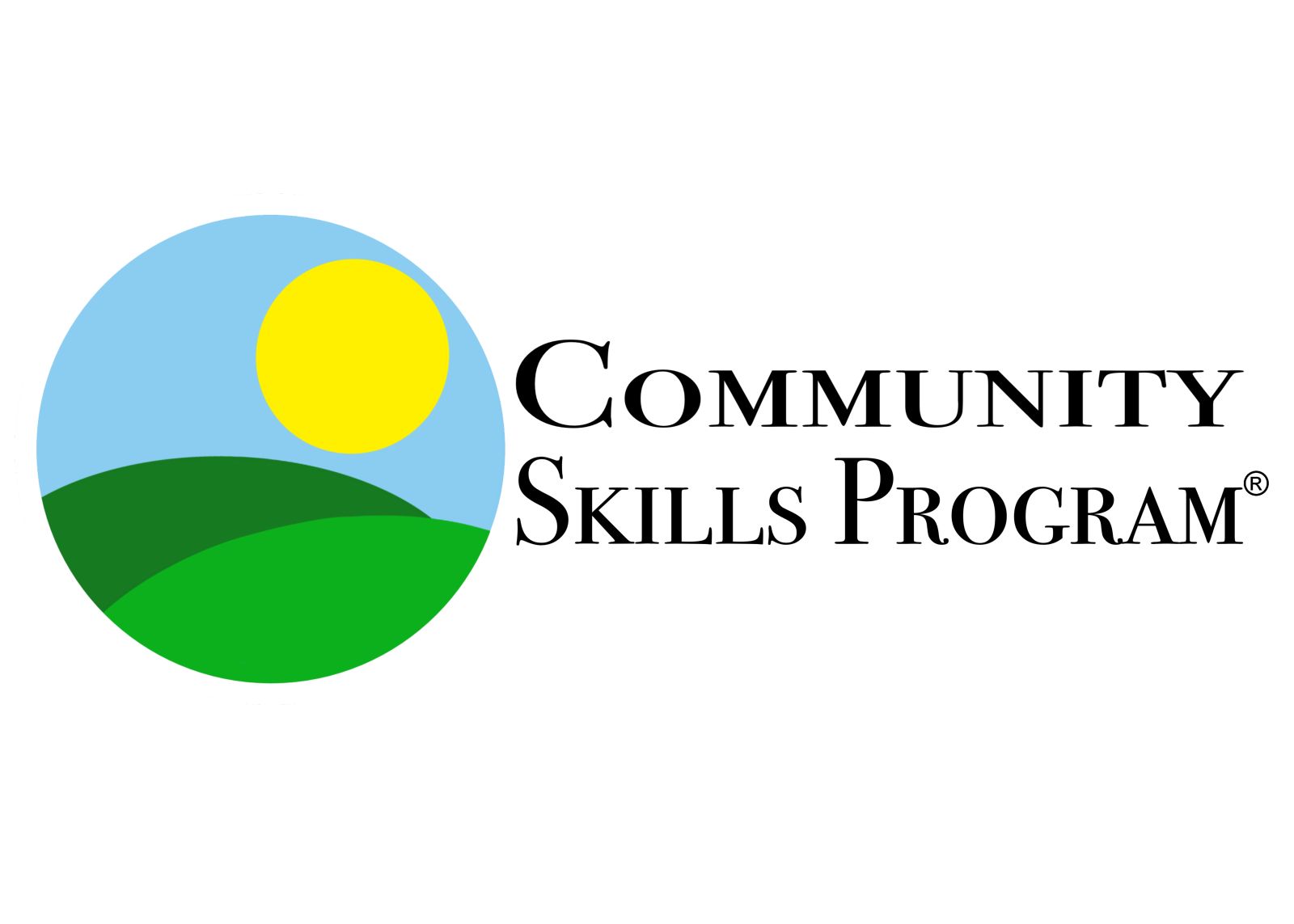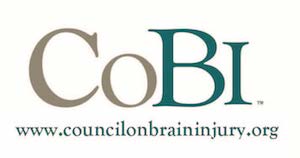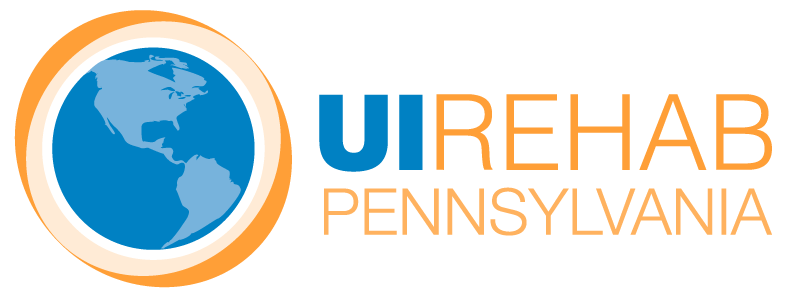
June 2020
Save the Date |
|
| Highmark Virtual Walk for a Healthy Community Join a BIAPA Team through July 15 LEARN MORE |
|
Caregiver Behavior Study |
|
|
In collaboration with the Brain Injury Association of America, the New York University School of Medicine is conducting a survey to learn about how families of individuals with brain injury experience positive outcomes as a result of being caregivers. The study is funded by the National Institute on Disability, Independent Living, and Rehabilitation Research (NIDILRR), under the Switzer Research. Fellowships Program Grant. and approved by the NYU School of Medicine Institutional Review Board (IRB Protocol s19-01400). The purpose of this research study is to develop a questionnaire to measure positive coping (“posttraumatic growth”) in family caregivers of individuals living with an acquired brain injury (ABI). Although most caregiving studies focus on the strain experienced by the caregiving family of an individual with an ABI, the focus on positive outcomes that may result from this experience could be quite important and potentially help individuals with an ABI and their families improve their quality of life and reduce the psychosocial burden of a brain injury. You might consider taking part in this research study if you are: 1) a family caregiver of an individual with an acquired brain injury and have been looking after the person with ABI for at least one year, and 2) you are between 22 to 75 years old, and 3) do not have a diagnosis of a brain injury. Your participation is voluntary which means you can choose whether or not you want to take part in this study. This research is being conducted at New York University School of Medicine (NYUSOM) with Dr. Sonya Kim as Principal Investigator and is funded by the National Institute on Disability, Independent Living, and Rehabilitation Research (NIDILRR) under the Switzer Research Fellowships Program Grant. Participation involves completion of one questionnaire; it should only take less than 20 minutes, and your responses are completely anonymous; that is, no personally identifiable information will be collected and none of your responses can be linked to you nor your family member with an ABI. Completing the survey is an indication that you have consented to be in the study. Please click here, if you are interested in participating in the study. |
|
Free Research-Based Resources on Brain Injury |
|
|
The Model System Knowledge Translation Center works closely with researchers in the 16 Traumatic Brain Injury (TBI) Model Systems to develop resources for people living with traumatic brain injuries and their supporters. These evidence-based materials are designed for individuals with brain injury and their family membes and are very accessible. They are available in a variety of formats such as printable PDF documents, videos, and slideshows. MSKTC Brain Injury Resources
|
|
Highmark Walks Go Virtual |
|
|
Due to COVID-19 concerns, the 2020 Highmark Walks for a Healthy Community are now online fundraisers and virtual walks. A virtual walk is a real walk, but it's on your terms! Any time between May 9 and July 15, you choose how and when to walk (treadmill, park, trail, or around the neighborhood). It's your choice! You also pick the time of when you start and stop and the distance. Anyone in Pennsylvania can participate! You can support BIAPA through the teams based in the Lehigh Valley and Pittsburgh. Add to the fun and show that BIAPA is everywhere! Go to the BIAPA website to download and print BIAPA's Highmark poster. After you've completed your walk, take a photo of yourself holding the BIAPA poster and post your photo with location information on social media with the hashtags #BIAPAstrong and #NotAloneInBrainInjury. Let's show that friends of BIAPA are everywhere in Pennsylvania! CLICK HERE to watch a video of Brain Injury Survivors Tracy Yatsko and Cristabelle Braden sharing how they're participating in the 2020 Highmark Walk for a Healthy Community. CLICK HERE to learn more about how you can be a part of the Highmark Walk for a Healthy Community |
|
|
|
 It's not too late to participate in the Survivor Support Video Project. We encourage you to submit your 1-4 minute video of encouragement to survivorsupport@biapa.org. Tell us your name, connection to brain injury, and where in Pennsylvania you live. Please visit our BIAPA YouTube Channel to watch videos of encouragement. It's not too late to participate in the Survivor Support Video Project. We encourage you to submit your 1-4 minute video of encouragement to survivorsupport@biapa.org. Tell us your name, connection to brain injury, and where in Pennsylvania you live. Please visit our BIAPA YouTube Channel to watch videos of encouragement.All are encouraged to participate. YOU can make a difference. |
|
|
|
|
Many brain injury support groups across Pennsylvania are maintaining connections by meeting through video conference. Here is a list of those groups that we are aware of to date:
A full list of support groups with contact information for each is found on the BIAPA Website Support Group Listing page. If you are aware of groups that are meeting through video conferencing, please contact Monica Vaccaro at vaccaro@biapa.org so that we can let others know. Amanda Allemang, facilitator of the Lost & Found support group in Pittsburgh, talks about what meeting virtually means to the group: "Isolation is nothing new for us as survivors. We’ve walked this road before, and COVID-19 will not stop us! We have found ways to adapt and support each other through this challenging time. Our group just celebrated our one year anniversary in May and from the start, I have tried to find ways to incorporate the video conferencing through Zoom into our meetings to allow people from all over to participate - whether someone is from out of town, faced with transportation or mobility issues, or weather gets in the way of attending in person, Zoom allows us to remain in touch. Now, since we haven't been able to meet in person, video conferencing has allowed us to connect throughout the month to keep in touch and bridge the gap of isolation. We have virtually met weekly since April to stay connected and supported. I encourage all support groups to give Zoom a try! It is free, easy, user friendly and really helps alleviate the stress and anxiety that isolation brings with it. I plan to continue to incorporate the Zoom feature into our meetings even after we are able to meet in person in the future." Pop-Up Support GroupBIAPA will host another Pop-Up Support Group on Thursday July 16th at 5pm. Details will be posted on the BIAPA Facebook page as we get closer to that date and will be distributed through the support group facilitators. It you are interested in being included in an email distribution list for the Pop-Up Support Groups, please send your name and email address to vaccaro@biapa.org. |
Thank you to our Corporate Partners
Platinum Partners |
|
|
 |
 |
|
 |
||
Gold Partner |
||
 |
||
Silver Partners |
||
 |
 |
 |
 |
||
___________________________________________________________________________________
Brain Injury Association of Pennsylvania
950 Walnut Bottom Road, Suite 15-229, Carlisle, PA
Phone: 717-692-5569, 1-866-635-7097

